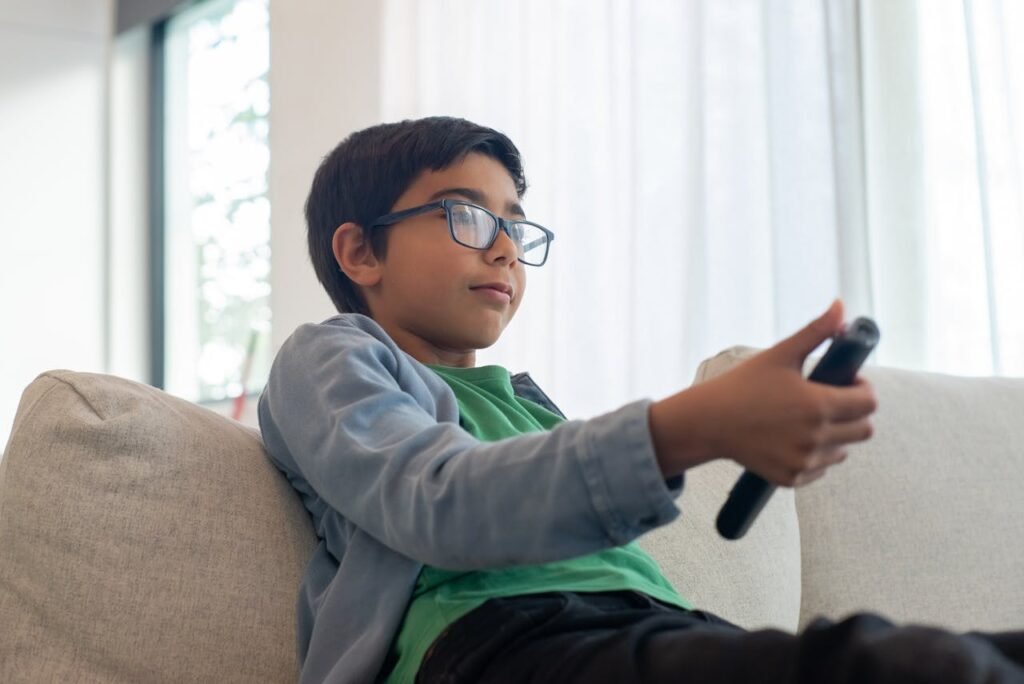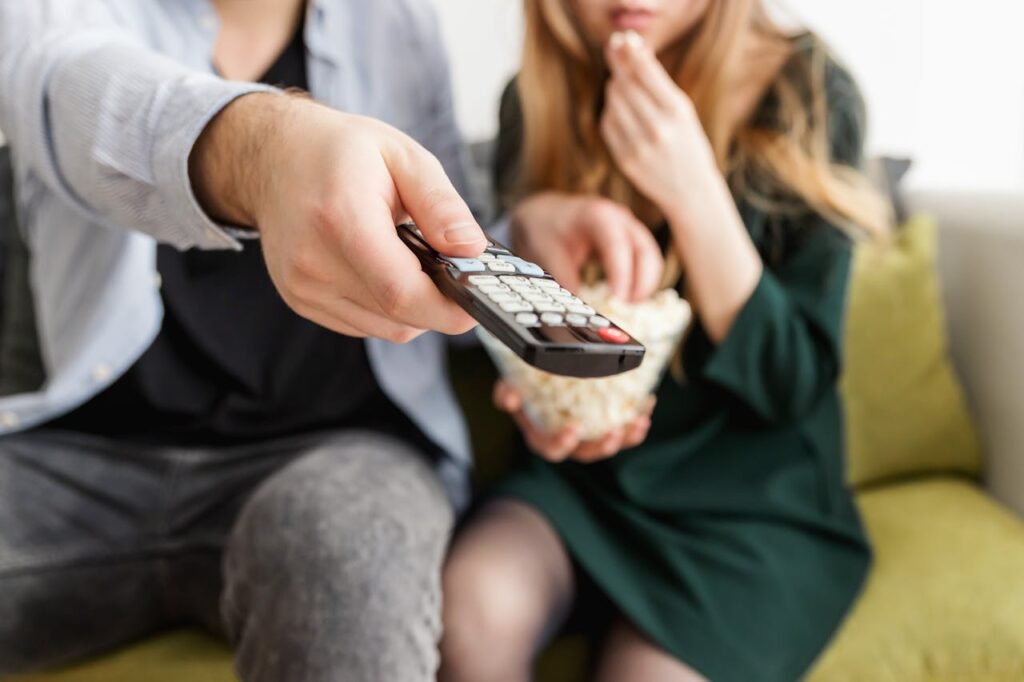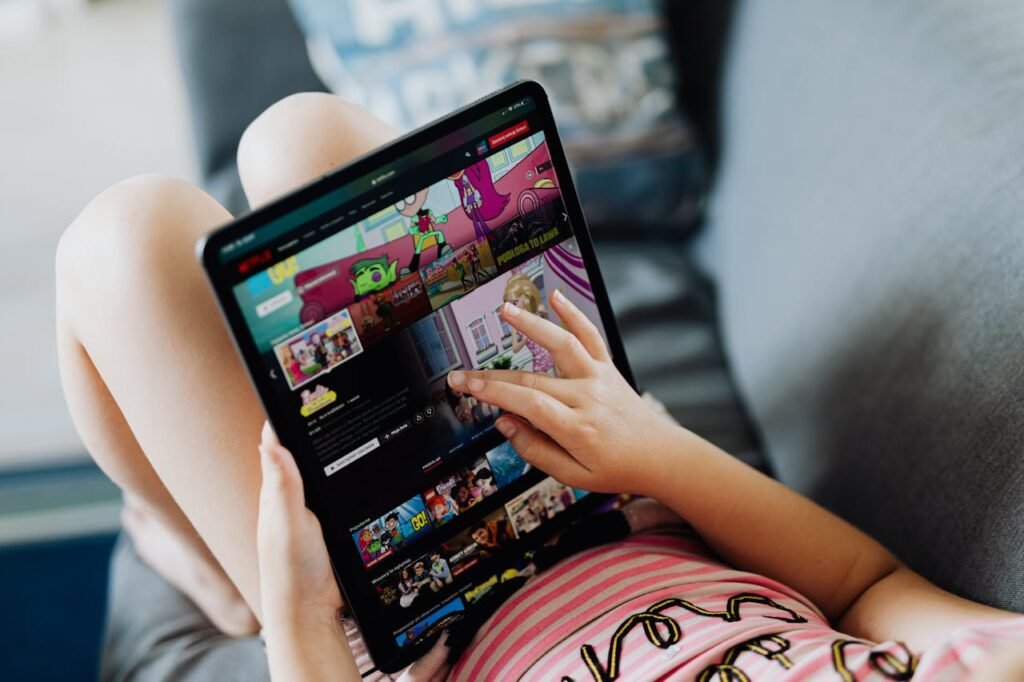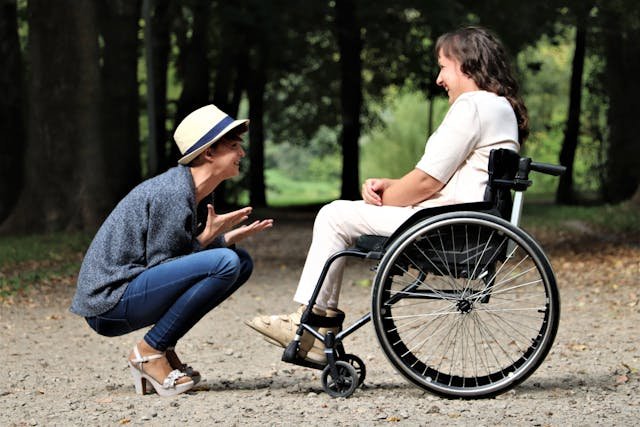Disability-themed reality television has emerged as a significant genre, aiming to shed light on the lives, challenges, and triumphs of individuals with disabilities. These programs have the potential to foster understanding and empathy, but they also risk perpetuating stereotypes or exploiting their subjects for entertainment. This article examines the impact of such shows, analyzing whether they contribute positively to disability representation or inadvertently harm the cause.
The Rise of Disability-Themed Reality Shows
In recent years, there has been a notable increase in reality shows focusing on individuals with disabilities. These programs strive to offer viewers an intimate glimpse into the daily lives of disabled individuals, highlighting their personal and professional experiences. For instance, “Employable Me,” a Canadian television documentary series, features job seekers determined to demonstrate that having a physical disability or neurological condition shouldn’t render them unemployable. The series, based on a British format, has garnered critical acclaim for its portrayal of the challenges and successes faced by its participants.
Similarly, “Deaf U,” an American reality television program on Netflix, follows a group of deaf and hard-of-hearing college students attending Gallaudet University. The series aims to showcase the diversity and richness of Deaf culture, providing an insider’s perspective on the unique experiences of its cast members.
Positive Contributions to Disability Representation

These reality shows have made several positive contributions to disability representation:
Raising Awareness and Promoting Understanding
By featuring individuals with disabilities, these programs bring attention to the diverse experiences within the disabled community. They educate audiences about various conditions and the societal barriers that individuals with disabilities often encounter. For example, “Employable Me” not only highlights the employment challenges faced by its participants but also showcases their unique skills and talents, challenging preconceived notions about disability and employability.
Providing a Platform for Authentic Voices
Authentic representation is crucial in media. Shows like “Deaf U” provide a platform for individuals with disabilities to share their stories in their own words, offering viewers an unfiltered look into their lives. This approach helps to humanize disability, moving beyond stereotypes to present multifaceted individuals with their own aspirations, challenges, and triumphs.
Challenging Stereotypes and Changing Perceptions
By portraying individuals with disabilities in various roles and contexts, these shows challenge traditional stereotypes. They demonstrate that disability does not define a person’s entire identity and that individuals with disabilities can lead rich, fulfilling lives. For instance, “Deaf U” delves into the personal lives of its cast, exploring themes such as relationships, academic pressures, and social dynamics, thereby normalizing the experiences of deaf individuals.
Potential Pitfalls and Criticisms

Despite their positive contributions, disability-themed reality shows are not without criticisms:
Risk of Exploitation and Sensationalism
One significant concern is the potential for exploitation, where the focus shifts from genuine storytelling to sensationalism aimed at boosting ratings. This can lead to the commodification of individuals’ experiences, reducing them to mere subjects of entertainment rather than respecting their dignity and autonomy. For example, the show “Miracle Workers” faced controversy for seemingly supporting ableist culture and commodifying illnesses, presenting disabilities in a way that suggests life with such conditions is less fulfilling.
Reinforcing Stereotypes and Ableism
Some reality shows may inadvertently reinforce harmful stereotypes by portraying individuals with disabilities as objects of pity or inspiration, rather than as ordinary people with diverse experiences. This “inspiration porn” narrative can perpetuate ableism by suggesting that individuals with disabilities are valuable only when they overcome their impairments in ways that inspire able-bodied individuals. Critics argue that such portrayals do not promote genuine understanding but rather reinforce a patronizing view of disability.
Lack of Depth and Nuance
Reality television often prioritizes entertainment value over in-depth exploration of complex issues. This can result in superficial portrayals that fail to address the systemic challenges faced by individuals with disabilities, such as accessibility barriers, discrimination, and inadequate support systems. For instance, while “Deaf U” provides insight into the social lives of its cast, some critics feel it lacks depth in exploring the broader context of Deaf culture and the challenges faced by the Deaf community.
The Impact on Public Perception and Policy

The way disability is portrayed in media significantly influences public perception and, consequently, policy decisions:
Shaping Public Attitudes
Positive and accurate representations can lead to greater empathy and understanding, reducing stigma and promoting inclusion. When audiences see individuals with disabilities leading diverse and fulfilling lives, it challenges prejudices and encourages a more accepting society. For example, the participation of blind comedian Chris McCausland in “Strictly Come Dancing” not only showcased his talent but also brought attention to the capabilities of individuals with visual impairments, potentially influencing public attitudes towards blindness.
Influencing Policy and Accessibility Initiatives
Increased visibility of disability issues can lead to policy changes aimed at improving accessibility and support. When reality shows highlight the barriers faced by individuals with disabilities, it can prompt discussions among policymakers and advocates, leading to initiatives that promote inclusivity. For instance, “Employable Me” draws attention to the employment challenges faced by individuals with disabilities, potentially influencing policies aimed at improving workplace inclusivity.
Best Practices for Ethical Representation
For disability-themed reality shows to contribute positively to public understanding and representation, creators must adhere to ethical storytelling principles. The goal should be to empower participants, challenge stereotypes, and promote inclusivity rather than merely attracting viewers through sensationalism.
Prioritizing Informed Consent and Participant Autonomy

One of the most important aspects of ethical representation in disability-focused reality shows is ensuring that participants have full control over their narrative. This means:
- Clear communication about the show’s intent – Participants should know how their stories will be presented and should have the right to decline specific portrayals that feel exploitative.
- Respecting personal boundaries – Many reality shows have been criticized for probing too deeply into personal struggles rather than allowing participants to showcase their strengths and aspirations. Filmmakers must balance storytelling with respect for privacy.
- Giving participants a say in the final edit – Too often, reality show editors manipulate footage to create drama or sympathy, rather than truthful representation. Giving disabled participants input on how their stories are shaped ensures authenticity.
When reality shows prioritize participant autonomy, they create a more dignified, empowering space for individuals with disabilities.
Focusing on Empowerment Rather Than Pity
One of the biggest pitfalls of disability representation in media is the overuse of the “inspiration porn” narrative—where disabled individuals are depicted solely as sources of motivation for able-bodied viewers. Ethical disability-themed reality shows should aim to:
- Highlight accomplishments without focusing solely on limitations – The best portrayals show disabled individuals as multifaceted people, not just individuals who “overcome” disability.
- Normalize disability rather than making it a spectacle – Shows should present disabled participants as equals in society, rather than framing their experiences as “extraordinary” simply because they exist.
- Celebrate independence and agency – Instead of showing disabled individuals as reliant on others, good reality shows focus on their personal strengths, careers, relationships, and ambitions.
By shifting away from pity-based narratives, reality shows can create more accurate and respectful portrayals of disability.
Ensuring Representation Behind the Camera
For disability reality shows to be truly inclusive, there needs to be representation not only in front of the camera but also behind the scenes. This includes:
- Hiring disabled directors, producers, and writers – When people with disabilities are involved in storytelling decisions, the content is more authentic and less likely to reinforce stereotypes.
- Consulting disability advocacy organizations – Partnering with groups that focus on disability rights ensures that the show aligns with ethical storytelling practices.
- Incorporating accessibility into the production process – This includes ensuring that filming locations, work environments, and production workflows are fully accessible to disabled cast and crew members.
If reality shows about disability are not created in an inclusive way, they risk reinforcing the very barriers they claim to break down.
The Future of Disability-Themed Reality Shows

The growing number of disability-focused reality shows signals a positive shift in media representation, but for these programs to be truly beneficial, they must evolve in a way that supports inclusion, empowerment, and respect.
Expanding Representation Across Different Disabilities
Most reality shows that focus on disability tend to highlight physical disabilities such as mobility impairments, blindness, or deafness. However, disability representation needs to include:
- Neurodiverse individuals – Shows should include people with autism, ADHD, and other cognitive differences to provide a broader understanding of diverse abilities.
- Invisible disabilities – Many disabilities, such as chronic pain conditions, mental health disorders, and autoimmune diseases, are not immediately visible but still impact daily life.
- Intersectionality within disability – Representation should explore how disability intersects with race, gender, socioeconomic status, and culture to provide a well-rounded and diverse perspective.
By broadening the range of disabilities represented, reality shows can provide a more accurate reflection of disability experiences.
Encouraging Global and Cross-Cultural Perspectives
Most disability-themed reality shows come from Western countries, meaning that the experiences of disabled individuals in developing nations—including India, Africa, and Latin America—are largely absent from mainstream media. Future shows should:
- Explore the unique challenges disabled individuals face worldwide, such as lack of accessibility, discrimination, and cultural stigmas.
- Showcase success stories from underrepresented communities, demonstrating how disability inclusion looks in different cultural contexts.
- Encourage global media collaborations between countries to ensure that disability representation is not just a Western-focused conversation.
By highlighting cross-cultural experiences, reality shows can drive international awareness and policy changes related to disability rights.
Integrating More Accessibility Features for Viewers
For disability-focused reality shows to truly serve their intended audience, they must be accessible to disabled viewers. Streaming platforms and networks should prioritize:
- Closed captioning and sign language interpretation for deaf and hard-of-hearing viewers.
- Audio descriptions for blind and visually impaired audiences.
- Subtitles in multiple languages to ensure broader reach for international viewers with disabilities.
If a reality show about disability is not fully accessible, it excludes the very audience it seeks to represent.
What Audiences Can Do to Support Ethical Disability Representation

While much of the responsibility lies with producers and networks, audiences also play a crucial role in demanding better representation and holding media accountable. By being more aware of the impact of disability-themed reality shows, viewers can contribute to positive change in the industry.
Supporting Shows That Prioritize Authentic Representation
Viewers should actively support shows that treat disability with dignity and respect rather than those that sensationalize or exploit it. When choosing which shows to watch, audiences can look for:
- Programs that feature disabled individuals as multi-dimensional people, rather than just as sources of inspiration.
- Shows that cast disabled actors and participants rather than using able-bodied individuals to portray disability.
- Productions that consult disability organizations and experts to ensure accuracy and fairness in representation.
By watching, discussing, and promoting these types of shows, audiences can encourage more ethical storytelling and push networks to invest in content that truly benefits the disabled community.
Calling Out Harmful Stereotypes and Exploitation
Not all disability-themed reality shows get it right, and when they fail, public accountability matters. If a show is found to be reinforcing negative stereotypes, engaging in “inspiration porn,” or misrepresenting disabled participants, audiences can take action by:
- Raising concerns on social media and through online reviews.
- Writing to producers and networks demanding better representation.
- Engaging with disability advocacy groups to amplify voices calling for change.
When audiences speak up against problematic portrayals, it sends a clear message to content creators that disability representation must be handled with care and authenticity.
Encouraging Greater Accessibility in Entertainment
Beyond supporting ethical representation, audiences can also advocate for greater accessibility in the media they consume. Many disabled viewers still struggle to access content that represents them, due to a lack of:
- Audio descriptions for blind and visually impaired audiences.
- Closed captions and sign language interpretation for deaf and hard-of-hearing viewers.
- User-friendly streaming interfaces designed for individuals with mobility impairments.
By demanding that streaming platforms and networks improve accessibility, viewers can help make entertainment more inclusive for all audiences.
Final Thoughts: Are Disability-Themed Reality Shows Helping or Hurting?
The answer is both—disability reality shows have immense potential to shift perceptions, normalize disability, and create opportunities for disabled individuals in the entertainment industry. However, if handled irresponsibly, they can reinforce stereotypes, exploit personal struggles, and contribute to harmful narratives.
For disability-themed reality shows to truly help the cause, they must:
- Ensure ethical storytelling that empowers rather than exploits.
- Challenge outdated stereotypes rather than reinforcing ableist narratives.
- Provide real opportunities for disabled talent both in front of and behind the camera.
- Prioritize accessibility for disabled viewers.
At Robobionics, we believe that authentic representation leads to societal progress. Media has the power to change perceptions, drive policy, and create lasting impact—but only when done responsibly and ethically.
The future of disability storytelling must be led by disabled voices, ensuring that reality shows serve as a tool for inclusion, education, and positive change rather than a source of entertainment at the expense of representation.



